2023 NFL Draft prospect rankings: Safeties
theScore's prospect rankings series takes a position-by-position look at the top players available in the 2023 NFL Draft.
Top 50
QB | RB | WR | TE | OL
EDGE | DL | LB | CB | S
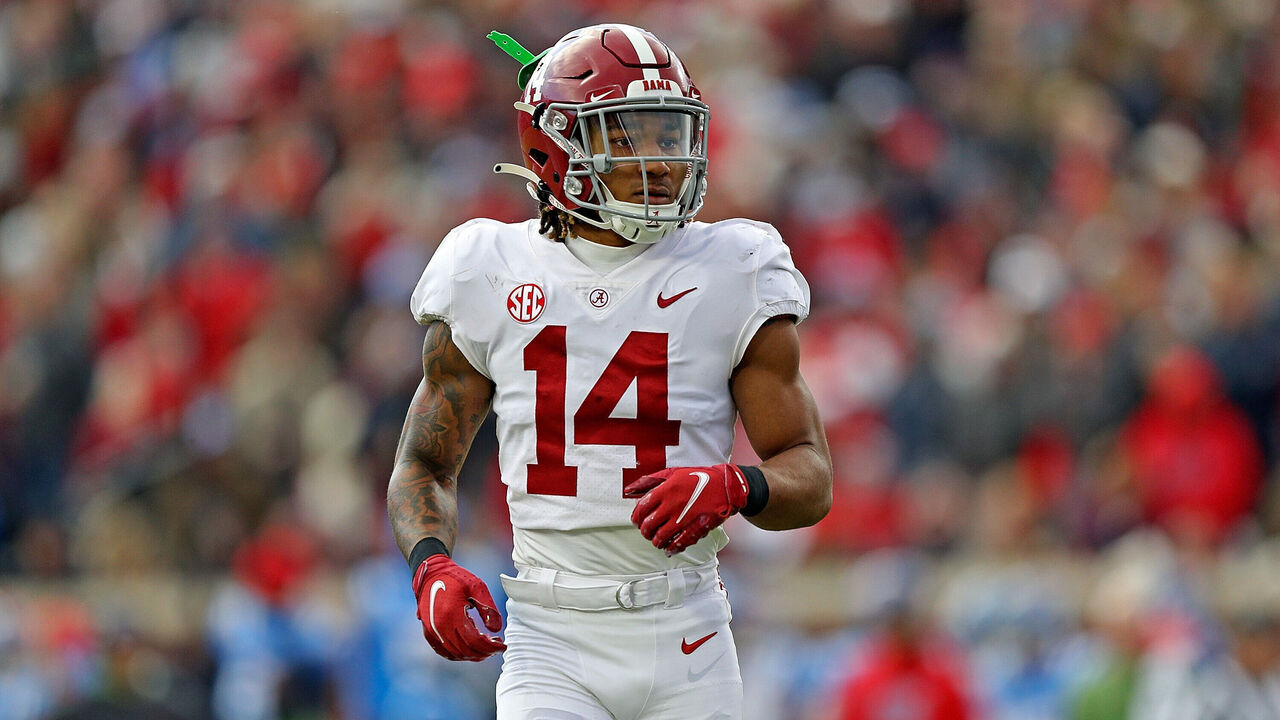
There is a sizeable gap between Branch and the rest of the safety class. The Alabama defensive back was a versatile chess piece for Nick Saban and should carry that over to the next level. He's spent time in in the slot and also knows how to use all of his undersized 190-pound frame in the box. Despite his lesser frame, Branch comes downhill quickly against the run and is a very disciplined run defender as well as a hit-stick tackler. His instincts and processing skills are very sharp - he recognizes and breaks on routes quickly. He may not be suitable as a single-high safety and will have difficulty carrying faster wideouts vertically, but Branch should start from Day 1.
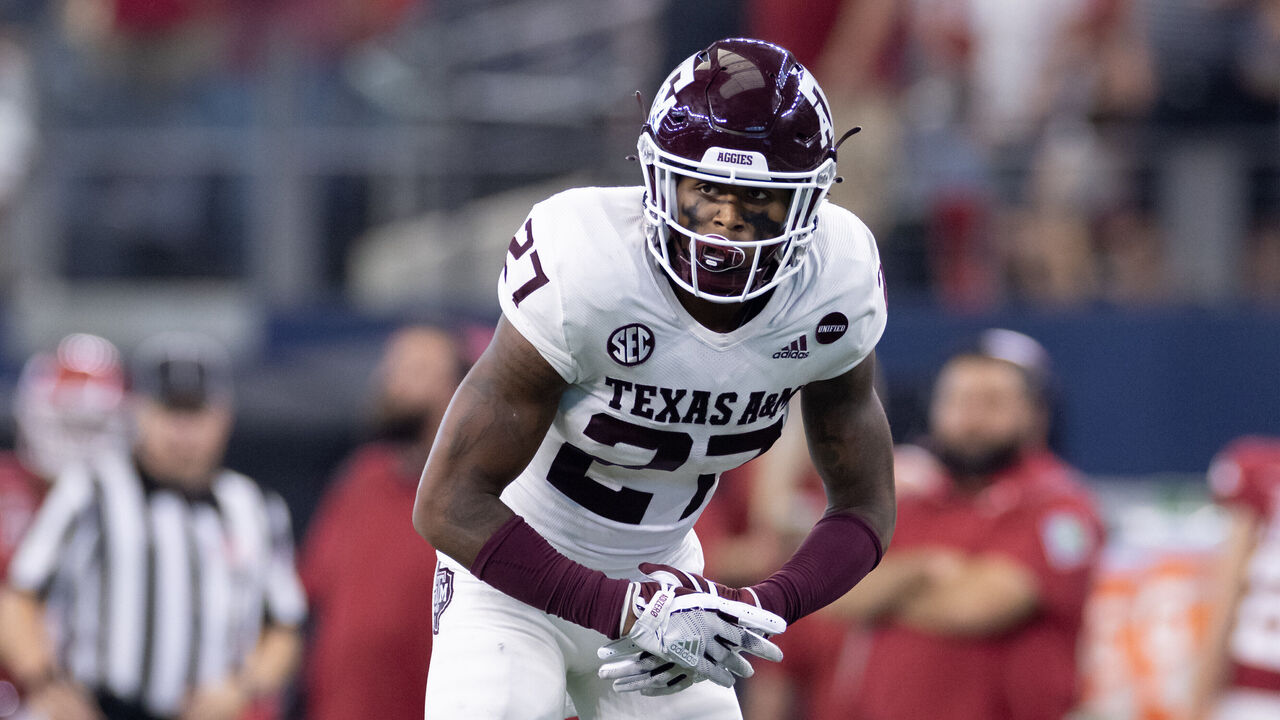
Johnson will make his living near the line of scrimmage or in the slot as a tight end problem solver. Not only does he have the size for both roles, but he's got the football IQ to excel at them, too. Against the run, he processes quickly to come downhill and plug his gap. Getting through traffic isn't an issue for the Texas A&M defensive back either. His only flaw is that he's prone to lunging as a tackler, which leads to some missed opportunities. In the slot, he closes on routes quickly and has the chops to survive, especially against more physical targets. The biggest concern is the lack of ball skills - he's got just one career interception - but Johnson has the floor to be a contributor early and could grow into a bigger role.
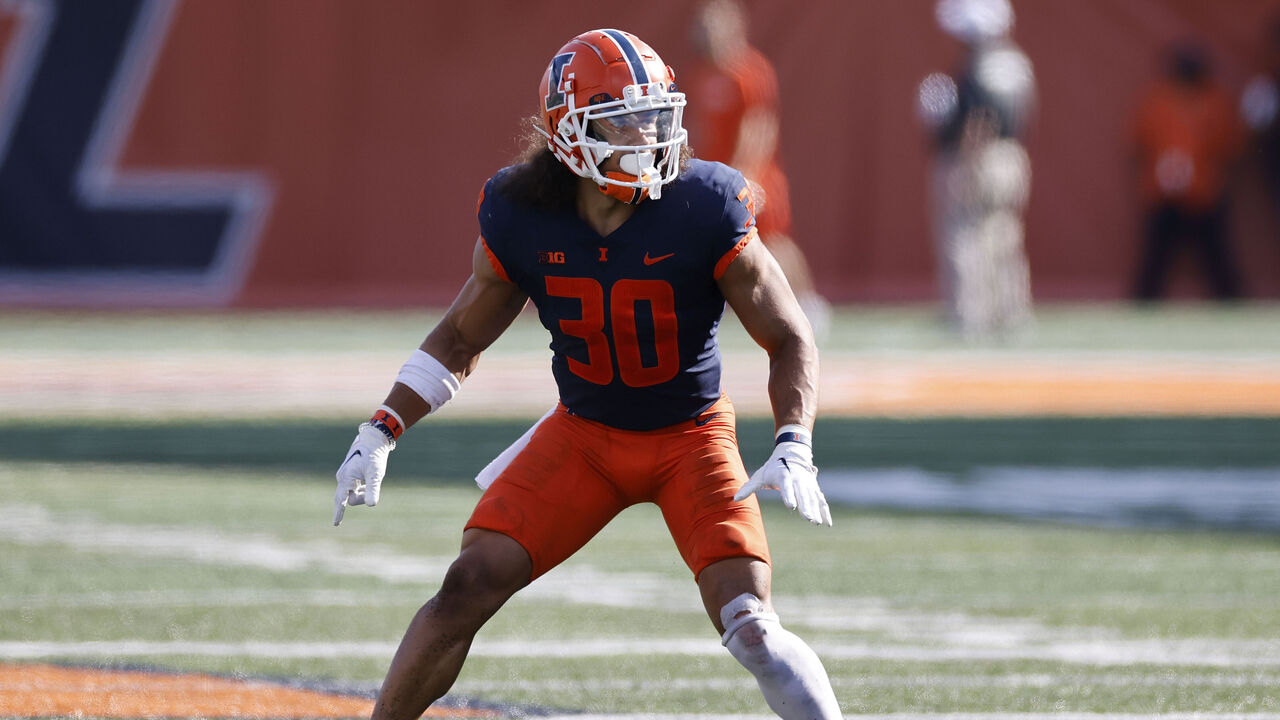
The ultimate highlight-reel safety, Brown's tape has everything you like to see. He's got an abundance of ball skills with six interceptions last season, and he can deliver a pop when he lays the wood on ball carriers. His physicality at the catch point leads to a lot of incompletions while he's also stout on the edge of the box as a run defender. Brown is capable of serving in a variety of coverage responsibilities such as shallow zones, the slot, or center field. He can also match up against tight ends, though he struggles against more athletic pass-catchers. That carries over to wide receivers, as he is slow to flip his hips and change directions. His route to the pros involves plugging him in the box, capitalizing on his tenacity, or as a split safety where he can focus on specific coverage duties that hide his deficiencies.
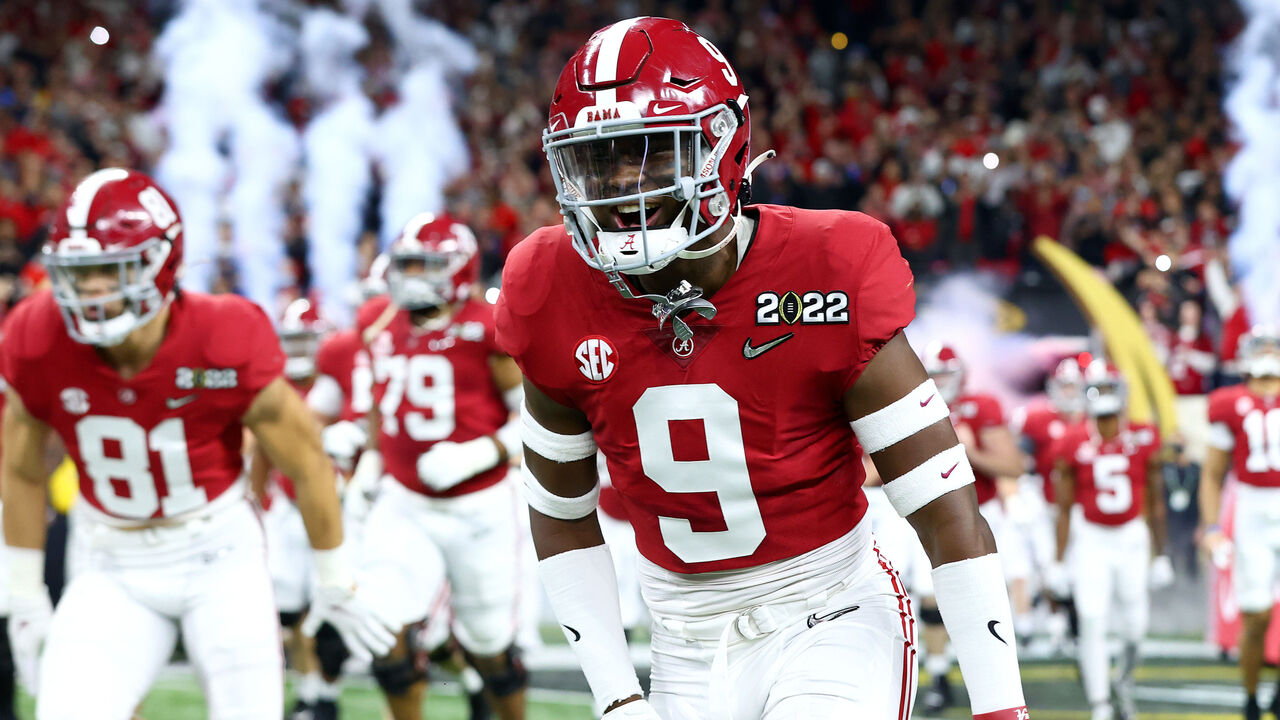
The Alabama safety opposite Branch shouldn't be overlooked. Battle is as well-rounded as they come in coverage; his mental processing and route recognition are his main selling points. The Crimson Tide prospect is best in the middle of the field in the intermediate areas but has adequate awareness in coverage as a split safety too. He's got a good feel for route recognition on receivers crossing into his area and he's got the hand skills to play the ball in the air. One issue is his play in space: He sometimes struggles to square up moving targets when coming downhill. While he may not have the ceiling of his college teammate Branch, Battle has the makings of a consistent pro starter.
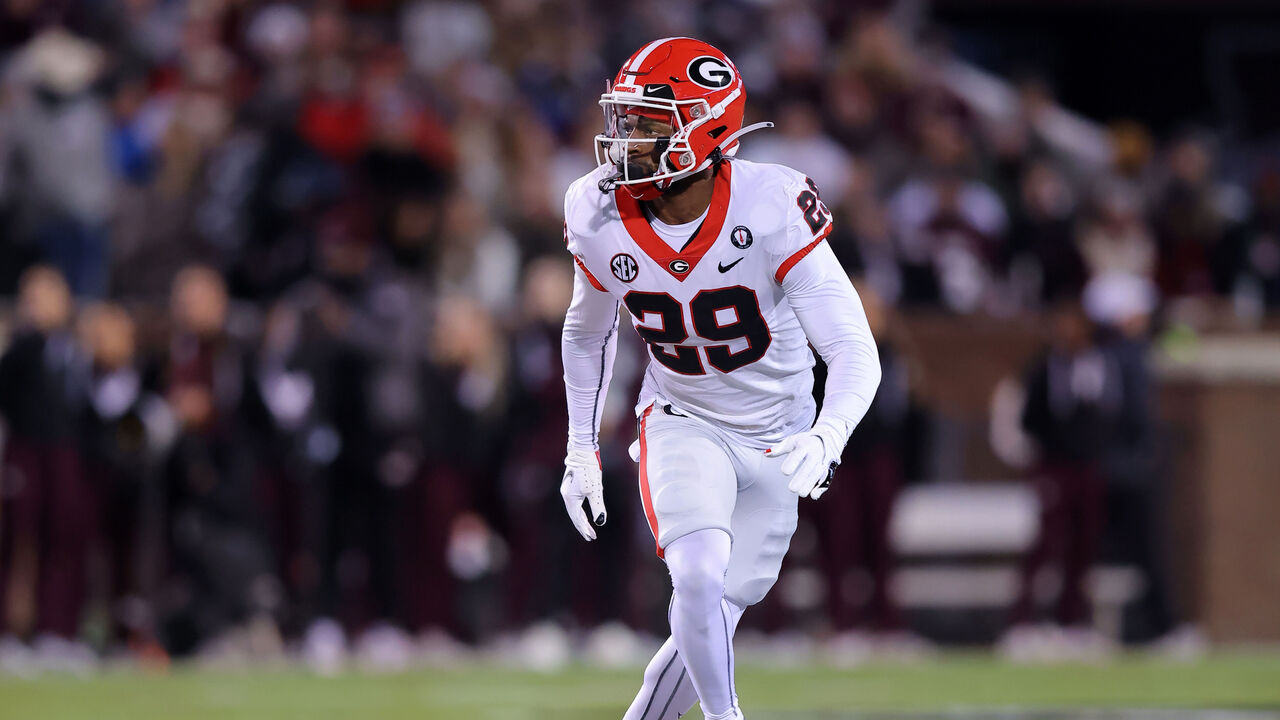
Smith is the typical center-field, single-high playmaker that is so coveted at the safety position. He's not without flaws, but he's arguably the closest thing to a finished-product ball hawk in this year's draft class. He nabbed six interceptions over the last two seasons, a testament to his ball skills and instincts. You can't fool Smith more than once; he shows an almost telepathic ability to jump routes, leading to some really big plays. He's got great instincts and adequate range for the role, and as a downhill player, he brings a load of momentum against ball carriers. At times, he can get greedy and stare into the pocket, allowing receivers to get behind him, but Smith is worth an investment as a deep safety.
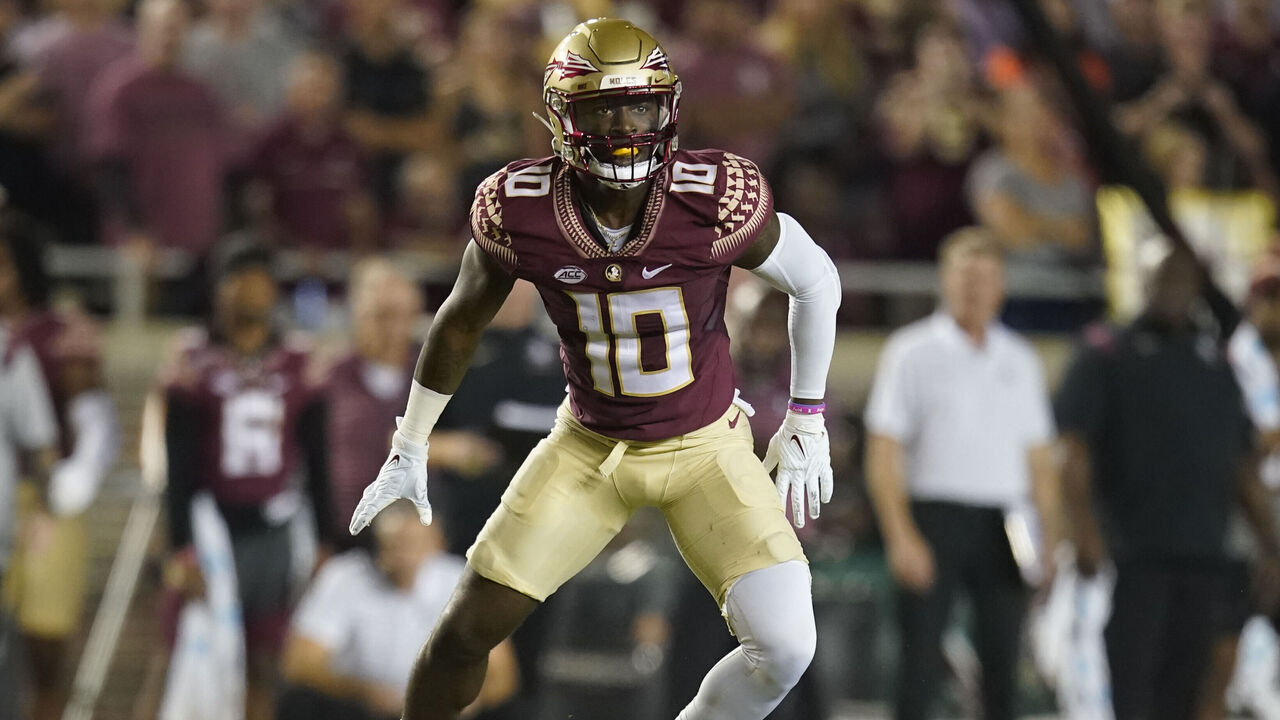
Robinson might not be the biggest, strongest, or fastest safety prospect, but he might be the meanest. The Florida State defensive back bullies ball carriers, imposing his will with physical tackles. Robinson served a variety of roles with the Seminoles, including as a deep safety, in shallow zones, in the slot, in the box, and even as a blitzer. He's better fit for a role that enables him to come downhill, where his well-known monster tackling ability will shine, or as a sub-package defensive back. Whether diagnosing the run or receivers coming his way, he's got adequate play recognition and shows good awareness in attempting to force strips on ball carriers. Robinson's lack of size makes him tricky to project considering his physicality, and he can sometimes be his own worst enemy due to being overly aggressive.
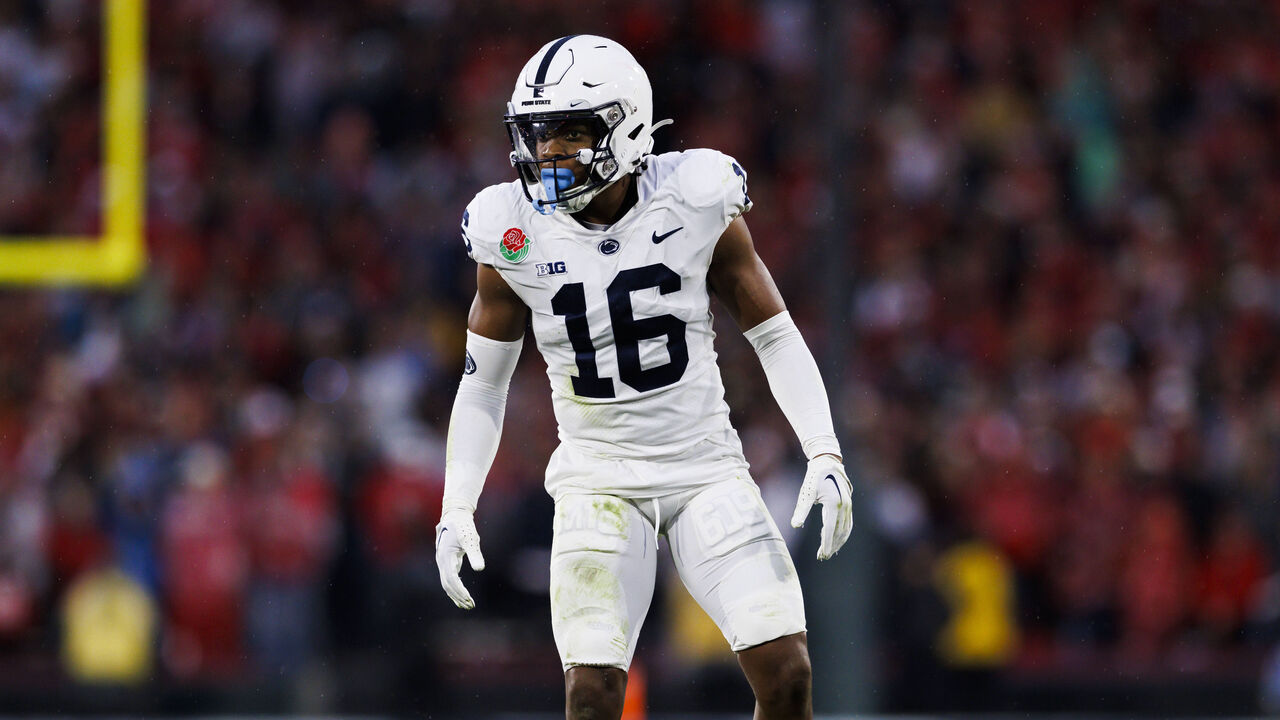
All or nothing: That's what the team selecting Brown should expect when he steps onto the field. There's a magnet attracting the Penn State safety to the football - he's got 10 interceptions over the last two seasons - but he probably gave up a big play for each of those picks. Though he's got adequate range, Brown makes his living by reading and reacting to the quarterback. Sometimes this works in his favor, and at other times, he can get burned by his lack of discipline. However, what really makes Brown stand out is his flexibility. Not only did he play center field, but he also thrived in the box and even as a pass-rusher off the edge. Although he's an extreme gamble, there's enough bait to bite on Brown becoming a polished product.
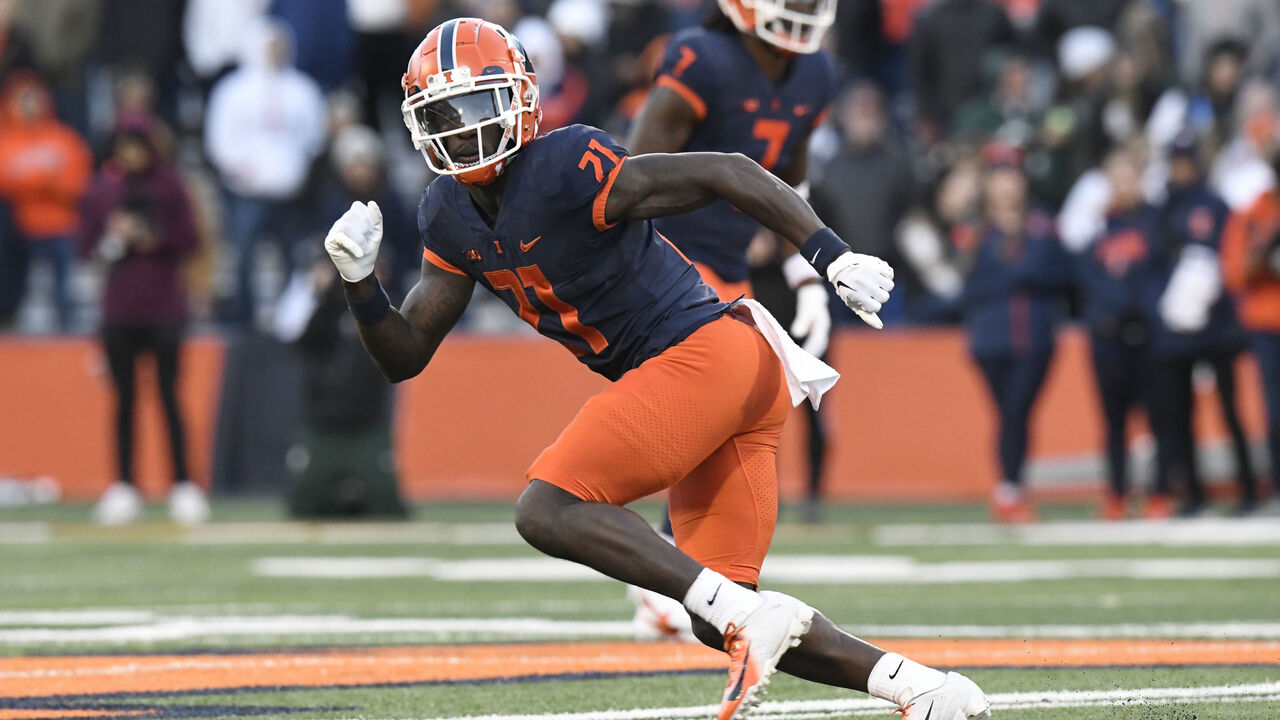
Martin won't be pigeonholed. The Illinois defensive back roamed the back end of the secondary and also shifted down into the slot. No matter where he lined up, though, the result was a lot of production. Martin racked up seven interceptions, four forced fumbles, and three fumble recoveries over his career. That's no coincidence - he's consistently in position to make plays on the football. As a safety, he typically roamed center field. His slot work was also inspiring, though he needs some polish when it comes to matching receivers at the stem of the route. Martin is also a consistent, solid tackler in space. His NFL role is likely as a sub-package defensive back with versatility.
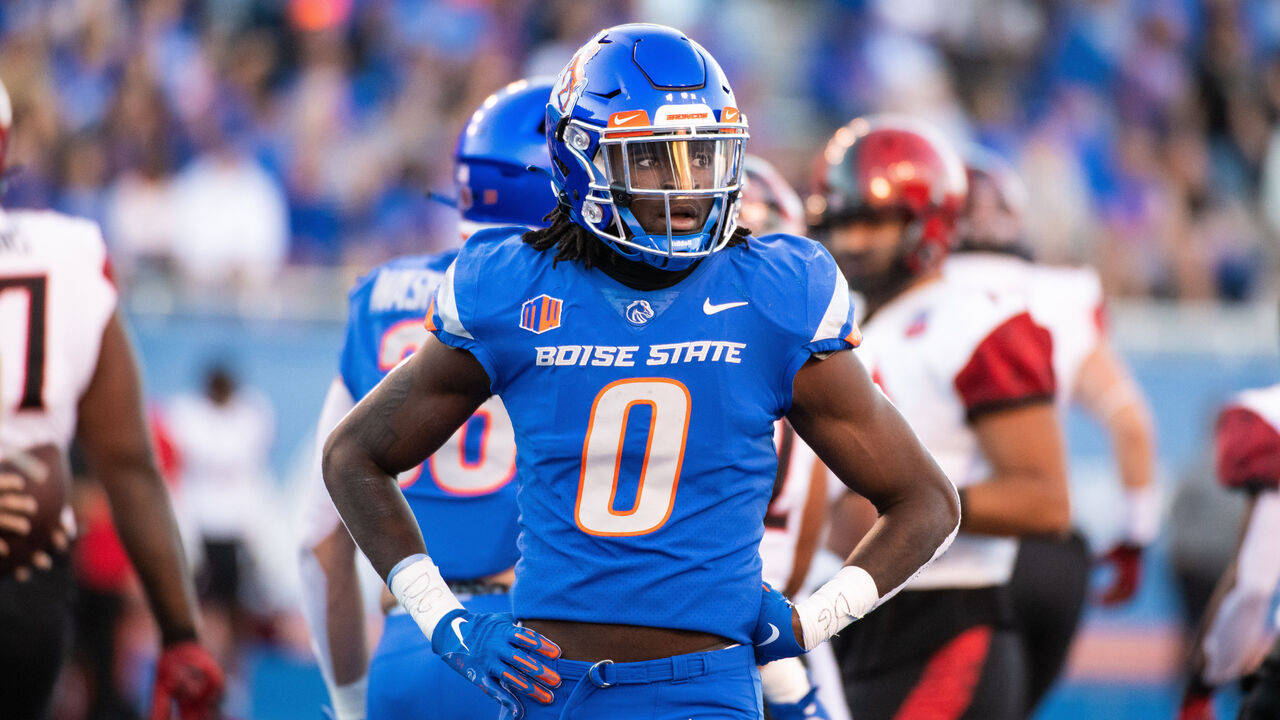
Though he spent some time as a single-high safety, Skinner's best work came in shallow zones closer to the line of scrimmage, where he displayed good instincts and feel for receivers coming into his area. The Boise State product turned that into seven career interceptions. His 6-foot-4 frame makes him a capable run defender too, but he needs to improve in some aspects as he gets too jumpy in run lanes, leading to some missed tackles. Man coverage in the slot isn't his strong suit - he's stiff at the apex of the route and lacks the recovery speed to play center field at the next level. Still, Skinner's future should involve a lot of shallow-to-intermediate zone where he can come downhill to make plays.
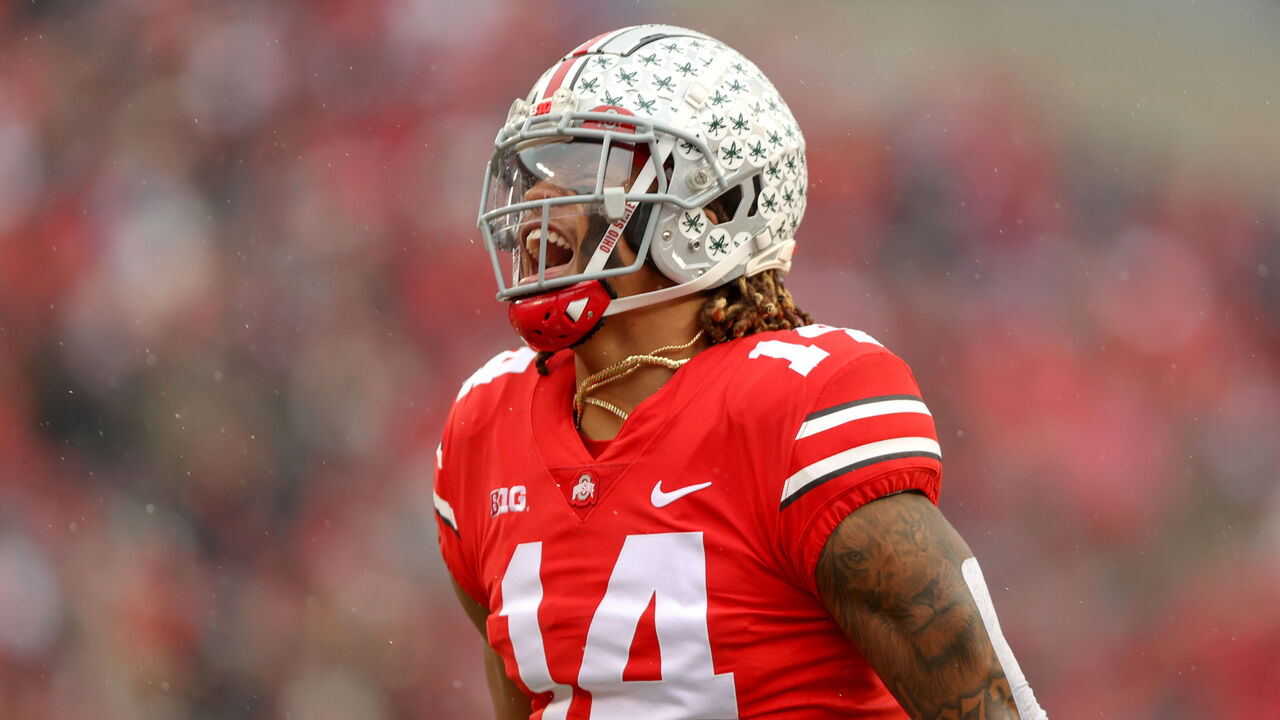
Hickman wore a lot of hats for Ohio State as a deep safety, in the box, and sometimes in the slot. His prototypical NFL size means he won't be limited to one specific role, which could make him enticing as a later-round selection. His processing as a single-high deep safety is nothing to marvel at when he's attacked vertically, but he closes quickly and strikes with force when coming downhill over the middle of the field. Though he can struggle to tackle in space, he shows a good feel for run fits and tackling in the box. He won't blow you away, but Hickman's size, experience at a top program, and credible work in coverage and in the box should earn him a developmental opportunity.
Other notable prospects
Jay Ward, LSU
Brandon Hill, Pitt
Jason Taylor II, Oklahoma State
Trey Dean III, Florida
Daniel Scott, Cal
HEADLINES
- Patriots legends call out Brady for not picking sides in Super Bowl LX
- Seahawks expect Emmanwori to play in Super Bowl despite low ankle sprain
- Legends row: The names that define the Super Bowl
- Super Bowl betting hub: Everything you need for Seahawks-Patriots
- Super Bowl picks: Who will hoist the Lombardi Trophy?